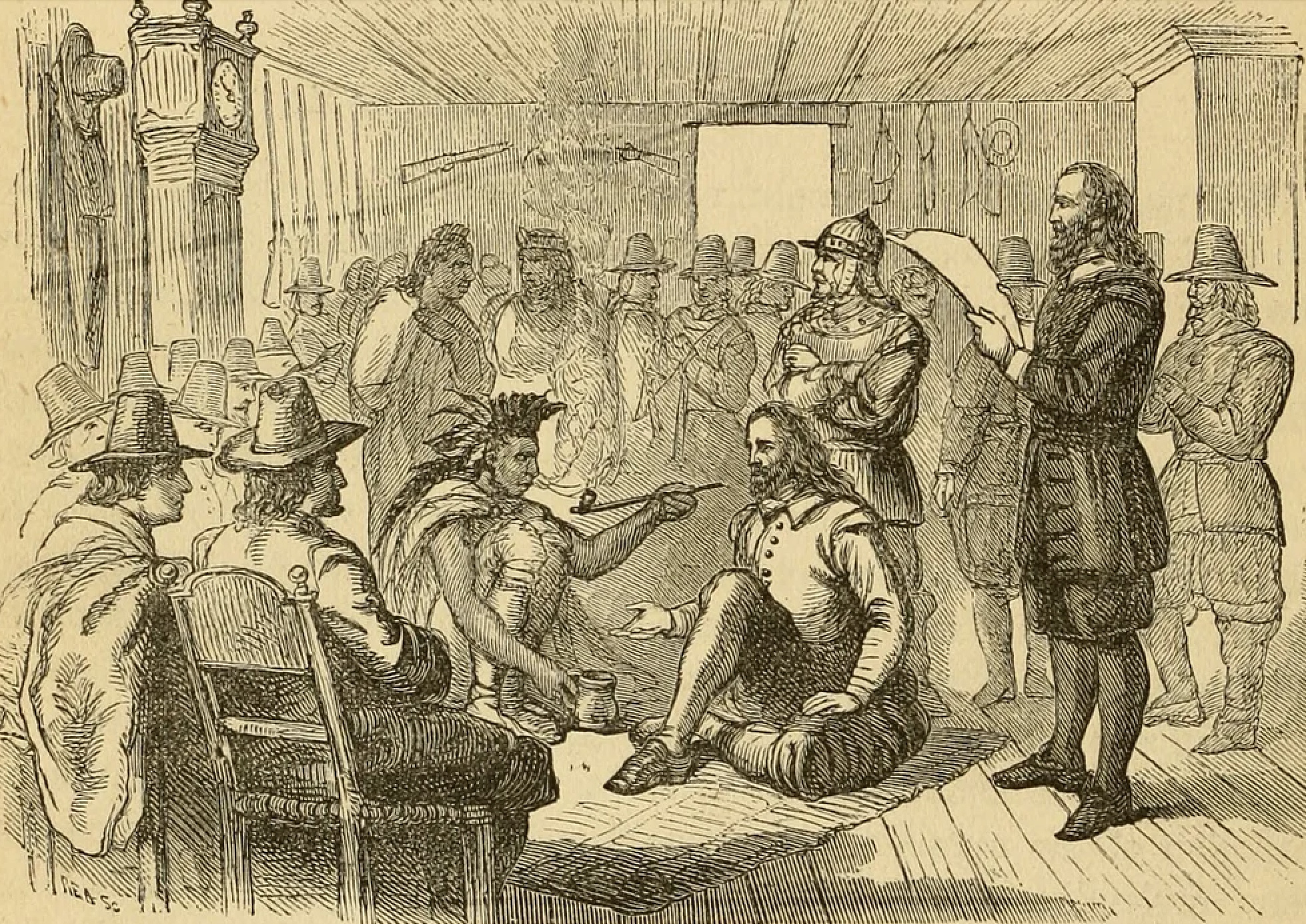In the annals of history, few institutions have sparked as much wonder and mystery as the Library of Alexandria. Conceived in the cradle of civilization, it was the beacon of knowledge, a symbol of the quest for understanding that defined the Hellenistic world. This article embarks on a journey through time to uncover the story of this legendary library and its profound legacy.
Founded in the early 3rd century BCE under the Ptolemaic Dynasty, the Library of Alexandria was an ambitious project that aimed to house all human knowledge1. Situated within the sprawling complex of the Mouseion, the library was not merely a repository of scrolls but a vibrant center of intellectual activity, attracting scholars from across the Mediterranean2.
The library’s collection was unparalleled, with estimates suggesting it contained hundreds of thousands of scrolls. These included works on philosophy, science, medicine, history, and literature, reflecting the diverse and rich tapestry of ancient knowledge1. The library was also a hub for scholarly work, where texts were not only stored but also studied, copied, and critiqued. It was here that some of the most significant intellectual figures of the age, such as Euclid, Archimedes, and Herophilus, advanced their groundbreaking theories2.
The librarians of Alexandria were themselves scholars of great repute. They organized the vast collection with a meticulous system of cataloging that was revolutionary for its time. The library’s scholars also engaged in the translation of texts, making works accessible to a broader audience and preserving them for posterity1.
However, the Library of Alexandria’s fate was as tragic as its influence was profound. Its decline began in 145 BCE, and over the centuries, it suffered multiple incidents that contributed to its eventual demise. The most famous of these is the fire during Julius Caesar’s siege of Alexandria in 48 BCE, which is often cited as the catastrophic event that led to the loss of countless scrolls2.
The true cause of the library’s destruction remains a subject of debate among historians. Some suggest it was a gradual decline due to lack of patronage and changing political tides, while others point to specific events such as the attack by Aurelian in the 3rd century CE or the decree by Theophilus in 391 CE2. Regardless of the exact circumstances, the loss of the Library of Alexandria is considered one of the greatest cultural tragedies in history.
Today, the legacy of the Library of Alexandria lives on in the collective imagination as a symbol of lost wisdom and the fragility of cultural heritage. It serves as a poignant reminder of the importance of preserving knowledge and the devastating impact its loss can have on future generations.
In conclusion, the Library of Alexandria was more than just a physical space; it was the embodiment of the ancient world’s intellectual aspirations. Its story is a powerful narrative about humanity’s enduring pursuit of knowledge and the impermanence of even the greatest of human achievements. As we continue to seek understanding in our own time, the spirit of the Library of Alexandria inspires us to cherish and safeguard the wisdom of the ages.










